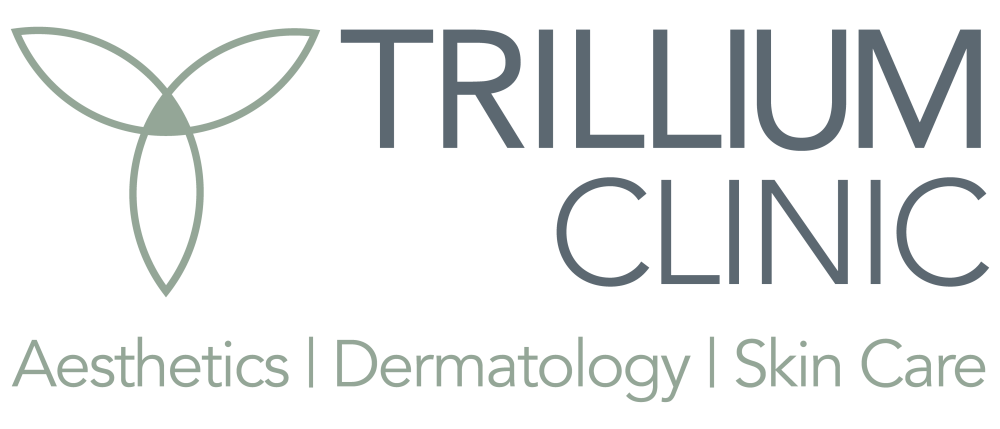Cold sores are a very common skin condition. Although there are many over-the-counter treatments, few are effective. We understand the frustration of dealing with herpes. The stigma can have significant psychological consequences. At the Trillium Clinic, we offer treatments that address herpes at its cause – the virus. This helps your skin heal, restoring your self-confidence. Begin your advanced herpes treatments today, and say goodbye to the stigma of a cold sore.
What is Herpes

Herpes is a viral infection. The initial infection may cause symptoms such as a tingling or burning sensation, itching, or pain around the lips or mouth. Small, fluid-filled blisters then appear, which may cluster together and eventually break open. These blisters can be painful and cause discomfort. Over time, the blisters crust over and heal, usually within 7 to 10 days. Herpes labialis is most contagious during the active blistering stage. The virus can be transmitted to others through direct contact, such as kissing, sharing utensils, or touching the affected area and then touching another part of the body. It is important to avoid close contact with others during an outbreak to prevent spreading the infection.
What Causes a cold sore
Herpes labialis is caused by the herpes simplex virus type 1 (HSV-1). It is highly contagious and spreads through direct contact with an infected person’s cold sore or saliva. The virus enters the body through a break in the skin, such as a cut or a crack in the lips. For reference, genital herpes is caused by herpes simplex virus type 2 (HSV-2). However, they are treated the same way. After the initial infection, the herpes simplex virus remains in the body and can become dormant in nerve cells. It may reactivate periodically, especially during times of stress, illness, hormonal changes, or sun exposure. Recurrences of herpes labialis may be triggered by these factors and typically cause milder symptoms than the initial infection.
How is Herpes treated
There is no cure for herpes labialis, as the virus remains in the body once infected. However, various treatment options can help manage symptoms and speed up healing. Oral antiviral medications, available only by prescription, are usually necessary, especially for more frequent or severe outbreaks. To prevent the spread of cold sores, it is important to avoid close contact with others during an outbreak. Good hygiene practices, such as regularly washing hands, avoiding touching the mouth or face, and not sharing personal items, can help reduce the risk of transmission. Sunscreen can also be applied to the lips to protect them from sun exposure, as sunlight can trigger outbreaks in some individuals.
Embark on your journey to radiant skin
The fear of disclosure and the potential for rejection can make it challenging for individuals to establish and maintain healthy relationships. If you suspect you have herpes, or experience recurrent outbreaks, make an appointment here to see one of the providers at the Trillium Clinic in Chapel Hill. We will provide an accurate diagnosis, recommend appropriate treatment options, and offer guidance on managing and preventing future outbreaks. We are currently taking new patients from Chapel Hill, Carrboro, Hillsborough, Pittsboro, Mebane, Durham, Burlington, Cary, and surrounding cities, who suffer from cold sores, call us today to discuss appropriate treatment options.
